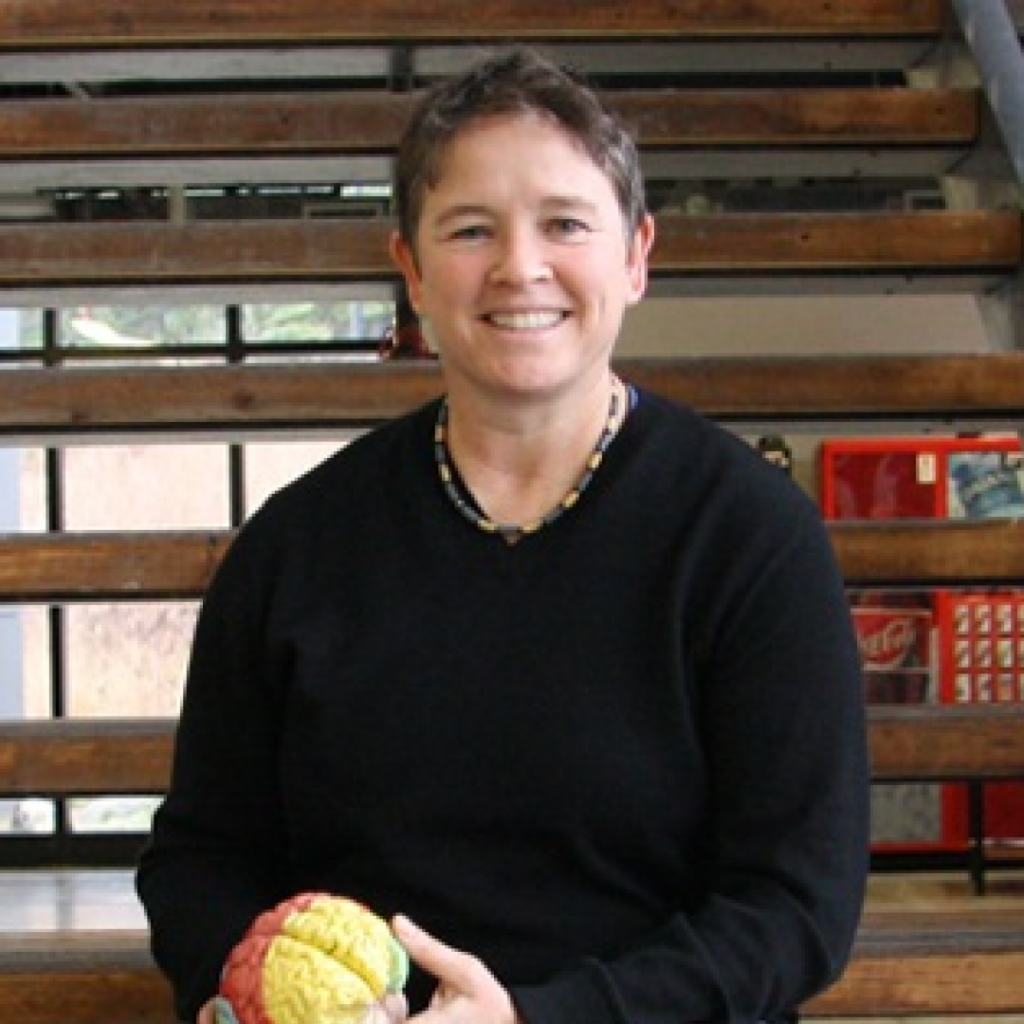York Research Chairs (YRC), an internal program that mirrors the national Canada Research Chairs (CRC) program, recognizes world-leading researchers in a variety of fields.
“The York Research Chair program is an important complement to the Canada Research Chair program to advance our efforts to strengthen research and related creative activities across the University and enhance the well-being of the communities we serve,” says President and Vice-Chancellor Rhonda Lenton. “My warm congratulations to the newest recipients on this achievement.”
This year’s YRCs are the 10th cohort to be appointed as of July 1 since the program was first launched by the Office of the Vice President Research and Innovation in 2015.
The YRC program consists of two tiers. Tier 1 is open to established research leaders at the rank of full professor. Tier 2 is aimed at emerging research leaders within 15 years of their first academic appointment. The Chairs have five-year terms.
Lauren Sergio, Faculty of Health (Kinesiology & Health Science)
York Research Chair in Brain Health and Gender in Action.
Sergio’s research as YRC investigates the impact of gender on brain health, for which there is little study. The research program will aim to characterize the gender-related differences in an individual’s behavioural response to impaired brain health and design appropriately tailored interventions to optimize their return to work, duty or sport. The research results will provide medically relevant and fundamental knowledge necessary to develop targeted brain health assessments and interventions that account for gender. This YRC is administered by York University’s VISTA (Vision: Science to Applications) program, first funded by the Canada First Research Excellence Fund (2016-23).

James Elder, Faculty of Health (Psychology) and Lassonde School of Engineering
York Research Chair in Human and Computer Vision
Elder’s YRC research program is deeply interdisciplinary, integrating studies of biological perception using behavioural and neuroscience methods, computational modelling of brain processes, statistical modelling of the visual environment, and computer vision algorithm and system design. While advancing fundamental knowledge in perception science and AI, this research has application to safer and more accessible urban mobility, social robotics and sports analytics. This YRC is administered by York University’s VISTA (Vision: Science to Applications) program.
Story content and photos courtesy of YFile

